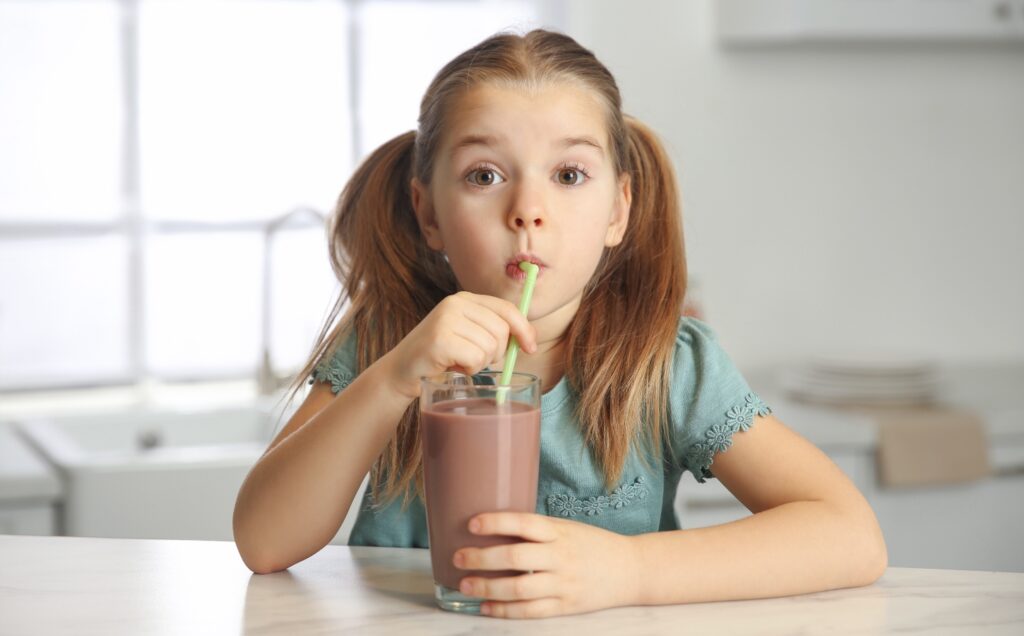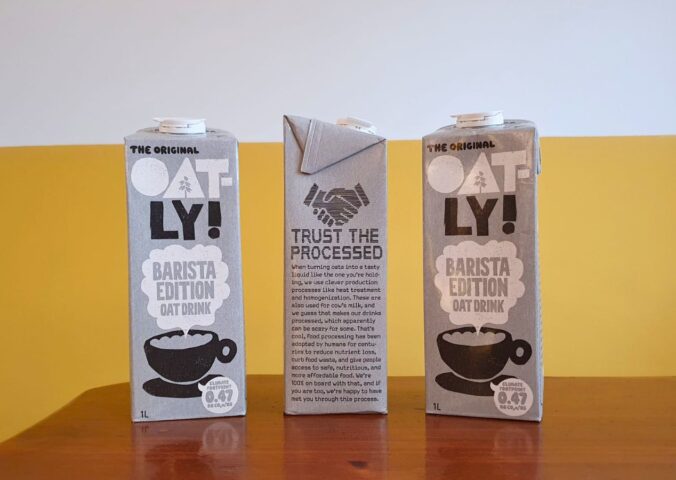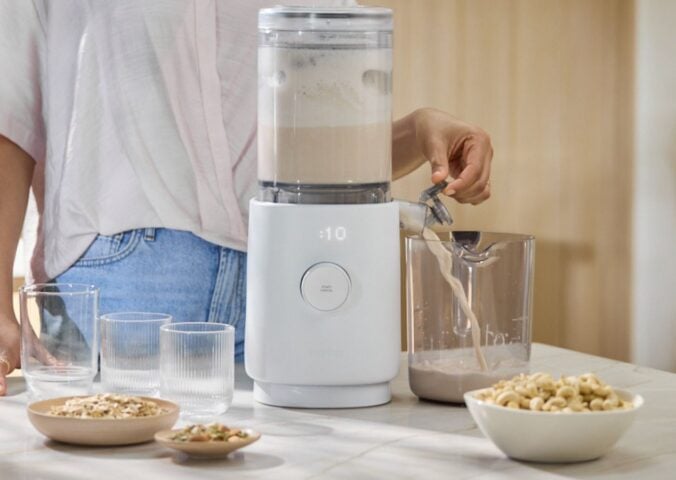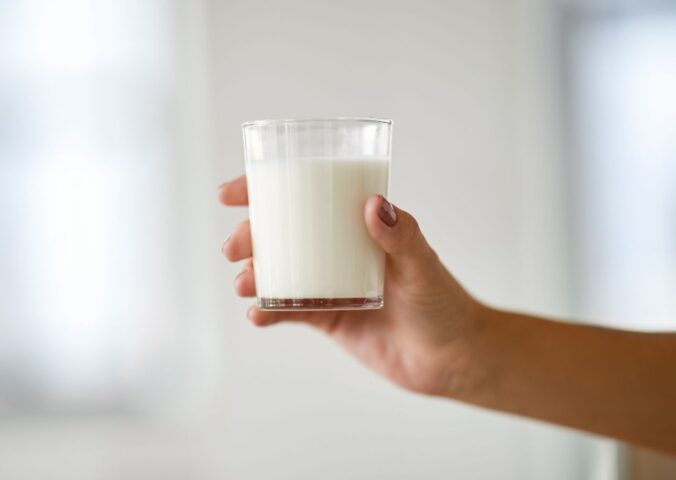Food and beverage giant Nestlé has announced that it is “exploring” the potential of animal-free dairy through a partnership with California-based Perfect Day.
The news makes Nestlé the latest in a growing list of established and start-up companies to look to the alternative dairy protein manufacturer as a supplier for new product lines. Starbucks and Mars are included in the roster, alongside niche plant-based operations such as betterland foods™ and Bored Cow.
“We are excited to pilot Nestlé’s first animal-free dairy protein-based products through our U.S. R+D Accelerator,” Joanna Yarbrough, Nestlé’s head of the accelerator, said in a company statement.
“While this category is still very young, we know consumers are looking for products that have a reduced environmental footprint, and we are evaluating this avenue as a future growth opportunity for our business.”
The accelerator is a new initiative that aims to identify and bring new concepts to market in under six months. Many are anticipated to be plant-based or sustainably motivated.
What is animal-free dairy?
Perfect Day uses a process called precision fermentation to mimic dairy proteins produced by cows. Functionally and nutritionally, the company claims that its protein is identical to whey. However, it is suitable for vegans due to the lack of animal sources. Though it is not suitable for lactose intolerance sufferers as it affects the body in the same way as traditional dairy proteins.
To create its signature product, Perfect Day takes naturally-occurring microflora and adds them to industrial-scale fermentation tanks. While fermenting, they can be “programmed” to work to a specific protein blueprint, decanting said protein into the tank’s broth. After a number of separation and purification processes, the resulting protein powder can be dried. This is then used to make a new kind of dairy.
The food tech brand claims that its protein allows manufacturers to make dairy-identical products. These include milk, cheese, and yogurt, without ever including animals in the supply chain. Moreover, Perfect Day states that its process creates up to 97 percent fewer carbon emissions compared to traditional dairy production. Even more dramatically, it also claims to use 99 percent less water.
Dairy production, including the rearing of cows, contributes at least four percent of all global greenhouse gas emissions. Specifically, methane is the largest problem, single-handedly accounting for more than half of all dairy’s environmental impact.
Studies also suggest that every liter of cow’s milk uses 628 liters of water in the production chain.
What is Nestlé planning to release?
While Nestlé did not disclose its future products in a press statement sent to Plant Based News, Food Dive revealed more. It reported that plain and chocolate milk are the “novel” launches expected in US stores later this year.
Both have been developed by Nestlé’s R&D team in Switzerland and add to the multinational’s burgeoning plant-based and sustainability-driven interests.
“As the world’s largest food and beverage company, delivering foods and beverages that are good for people and the planet is a priority. We are exploring emerging technologies that can lead to animal-friendly alternatives that are nutritious and sustainable, without compromising on taste, flavor, and texture,” Heike Steiling, head of Nestlé’s development center for dairy products, said in a statement.
“Bringing together our unmatched R&D expertise, innovation capabilities, and scale, we are working to develop and test novel animal-free dairy protein-based products to complement our wide-ranging portfolio of plant-based alternatives,” she concluded.
Nestle’s portfolio has traditionally been dairy-heavy. The company now states that it is actively looking to reduce the carbon footprint of dairy. This, but without compromising on the nutritional benefits of its core product lines. It cites both plant-based alternatives and emerging animal-free dairy technologies as areas of significant interest.






